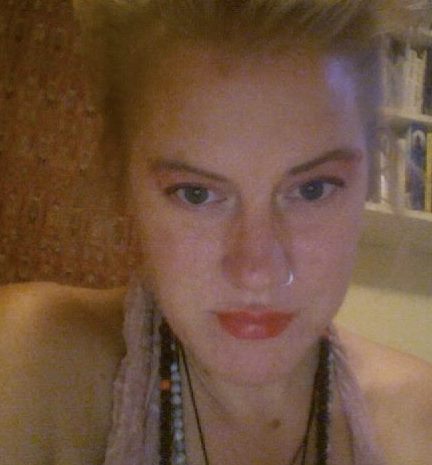
What is your creative mission?
My creative mission is to infuse everything I make with a sense of wild-hearted magic.
My creative mission is to always allow myself to proceed organically, chaotically. I want to write books – good books – books that communicate with people – subtly, on a micro level. Interstitially, if at all possible. I’d also like to start making more music – both pretty music and strange music. But maybe the bottom line is that my creative mission is to create a mission but then be so fluid and intuitive and spontaneous in my execution of the mission that the hard line trajectory of the mission is totally negated.
What do you love about what you do?
Since I first started writing as a poet, my greatest happiness is probably still in discovering the way small groups of words come together. The larger bursts of insight where I understand something about another layer of plot is also really exciting. But the small constructions of sentences or lines are just so satisfying. And, in general, in any creative medium, I love the fact of starting with nothing, a void, and causing an interesting thing to emerge there. It’s like when you go to the planetarium and start with a blank ceiling and then slowly a whole dense web of stars comes into relief.
I also love revision and could revise forever.
In a whole other way, it’s been an absolute pleasure when readers have written me on social media to tell me about their experience with a book, poem, song. The first things I mentioned were the parts of the private creative process that I relish, but then there is the undeniable thrill of connection once the piece is out in the world.
What have you learned from your successes and failures?
From my successes, I’ve learned that it’s important not to gloss over them. I have to remember to acknowledge them and celebrate them in some way. I tend to give much more attention to my failures and completely ignore the good stuff. And, though this may be a controversial statement, I’m beginning to feel that, for female artists, humility may be overrated.
How do you keep pushing ahead after a difficult challenge?
For me, it’s almost that I don’t have a choice. I do everything in my power to allow myself to give up, but something inside me, which I call the poetry sickness (though I mean it to relate to every creative medium) keeps driving me forward, calling me to keep expressing, sacrificing when necessary – whatever it takes.
Did you ever experience resistance from friends, family, the world in general? How did you overcome those blocks?
I’ve definitely gotten resistance for doing a lot of stuff outside of industry and experimenting with formats like “pay what you want” and the sharing economy. A lot of people can’t understand why I haven’t tried to move more directly toward the bottom line. And some of the content of what I’ve written has been on the controversial side, and that’s always tricky to negotiate. But in both of those cases, I feel pretty strongly, that the writer/ artist has a responsibility to be true to their vision and their voice. It sounds a very idealistic approach, but I think anything less than that and the power of what was made starts leaking out as the artist finds herself subtly changing the piece to be more pleasing.
How has your art and creativity healed you?
To be honest, it often seems that my creativity isn’t much of a salve. But I guess if it does heal me, maybe it pries me open and then stitches me back together in a more interesting way each time. It shakes me awake and enlivens me, and for that I am grateful – but it doesn’t feel that gentle.
What steps would you recommend for someone who wants to kick some ass and get their creative drives off the ground?
* If you have an idea that feels powerful to you, forget about what anyone else thinks.
* If an idea comes to you while you’re about to go to sleep or while you’re driving, find some way to write it down and speak it into your phone right away. You’ll think to yourself, oh that’s so obvious. I’ll easily remember that and write it down later. I don’t think I’m projecting when I say that you will almost always forget.
* I like to make micro steps in my daily planner if I feel overwhelmed by some project I’m working on. For example, if I need to email some people to inquire about something, maybe the first day I just look up the email adresses I’ll need and write them down. The next day, I might write a first draft of the email (assuming this is an important email), and the third day clean up the email and then send it out. This dividing up the steps works for almost anything. Microsteps are extremely helpful when I start wanting to procrastinate because I feel overwhelmed.
When it comes to writing, learn to revel in the revision and don’t stop that process until there’s no doubt in your mind that what you’ve written is as rich and layered as it can become. For example, the fantasy romance, Book of Fire & Shade, that just came out, I wrote the first draft of that in one intensive month while doing a writing retreat of sorts. Then it took me two years to revise it. The memoir due out in summer 2016 about living as a nomad took me 3.5 years to write and 3.5 years to revise. I mean, I love the spontaneous prose of Kerouac, for example, and sometimes really earth-shattering writing comes of that approach. But for me, almost all the most illuminated ideas and interesting language has come by going back in to refine multiple times. I’ve actually gotten to the point where I see the revision as being more enjoyable than the initial writing. It’s often more profoundly fertile – even ecstatic.
____________________________
Find Snow:
Amazon
Facebook
Twitter
Pinterest
Tumblr
_____________________________
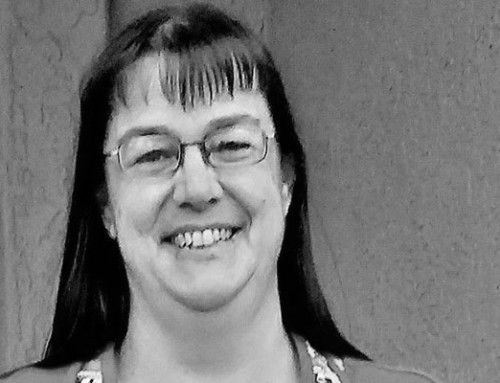
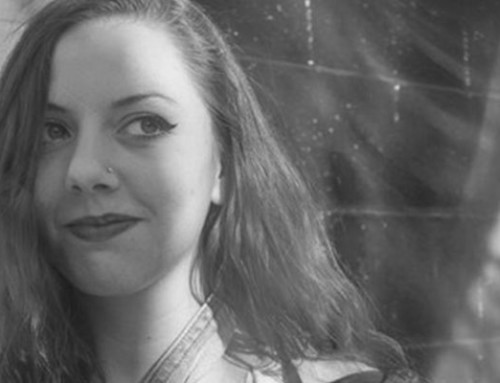
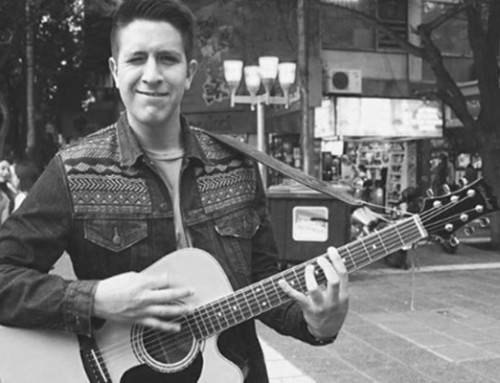
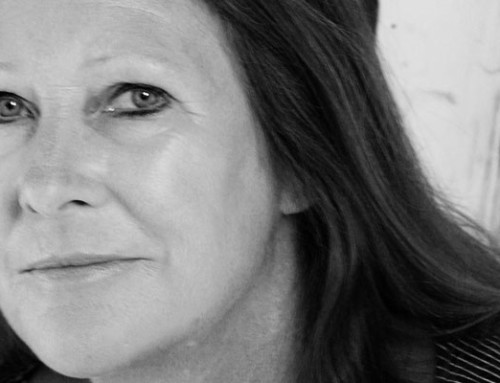
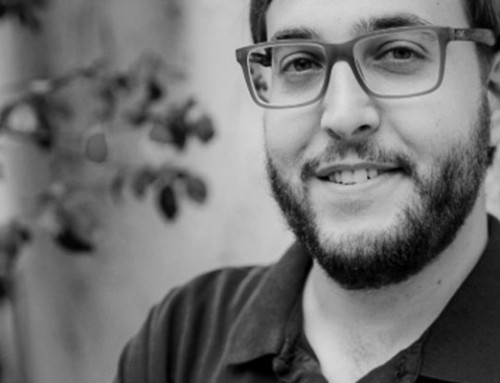
Leave A Comment